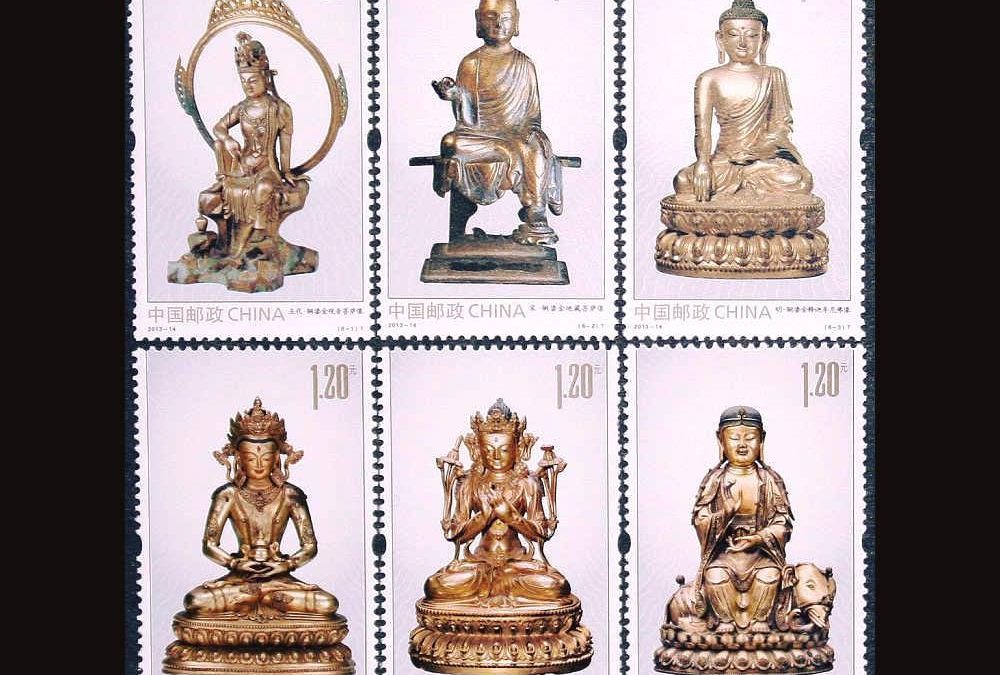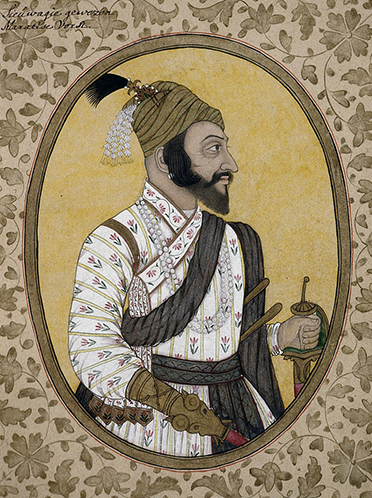

The truly happy man
A king wanted to be completely happy. A great sage told him,
— “Look, if you want to be happy, you must fit in the shoes of a happy man.”
The king commanded his soldiers to go throughout the kingdom and search everywhere.
As they met with a resident they asked him,
—“Are you happy?”
— “Almost happy, if I find a bride I will be happy”.
— “Then something is missing; you are not happy,” argued the soldiers.
Then they went to another one who was already married and asked him:
—“ Are you happy?”
—“Almost happy; if I have a son I will be happy.”
They found another and asked him:
—“Are you happy, but really happy?”
—“Happy… happy… happy will I be, when I change my old horse and carriage for a new one; then I will be completely happy….”
Everyone whom they met was almost, almost happy…
—“When I buy a house”, “After the next million”; everyone was almost happy…
—“Yes” – one answered.
—“Is there anything missing?”
—“No, nothing.”
—“You don’t want a cigarette, a coffee?”
— “No”- he answered.
— “You don’t want beer, champagne, something to eat, some sensual satisfaction?”
— “No”.
—“You don’t want a family?”
— “No”.
—“You don’t want anything? You don’t need anything?”
—“No”.
—“Then, you are totally happy?”
—“Yes! I am totally happy!”
— “Then, give us your shoes!”
test stories
Buddhist monk

The King’s Finger
A long time ago, in the south of the Himalayas, the great Maharaja of those lands received a visit from an ambassador from the kingdom of North Mathura, who brought him a beautifully handcrafted sword as a gift. While the monarch was delighting in the sword’s splendid craftsmanship, he accidentally cut the tip of his little finger. The wound was very painful and the king was suffering. Suddenly his closest minister approached the royal throne and told him:
— “Your majesty, do not grieve over the loss of your finger tip, life has a divine plan and everything that happens is arranged by God. The Lord is love; everything that happens to us is for the best.”
Listening to these words from his closest minister and secretary, the king became furious. With great anger, he said:
—”It is very easy for you to say something like that, because it is not your finger. If you do not take back what you have said, I will imprison you.”
To which the minister replied:
—”Your majesty, is not possible for me to take back what I said because I would be untrue to my heart. What I said to you is what my heart has shown me. Not even a blade of grass moves without the will of the Lord.”
Considering the minister’s speech extremely disrespectful, the king ordered his guards to imprison him.
A few days later, it was the king’s customary hunting day. He was usually accompanied by his personal secretary, but as the minister was under arrest, the monarch went out alone, except for his guards. Deep into the jungle, the king and his guards were captured by a cannibal tribe. After being kept as prisoners, they were dragged to the place where the cannibals were preparing their rituals of human sacrifice. The savages bathed and anointed the king and his guards with their sacred oils, and then took them to the altar to be sacrificed.
Just before the king was going to be immolated, the highest priest of the cannibals realized that the tip of the monarch’s finger was missing, and exclaimed:
—”Stop! This man is not suitable for sacrifice. He does not have the tip of his little finger, so he cannot be offered.”
The king was taken to a place in the jungle where he was freed. When he arrived at the palace, he remembered the words of his minister, and went directly to the prison to free him. Hugging him, he told him:
—”You were right, apparently God decided to save my life.”
The king continued to be extremely emotional:
— “If I hadn’t cut my finger, those cannibals would have sacrificed and devoured me. There is only one thing I still do not understand. Was it also God’s will that made me imprison you in such an unfair way?”
—”Of course”— replied the minister,
— “If you didn’t put me in prison, I would have gone hunting along with you, as we usually do, and then they would have captured both of us. And all of my fingers are in perfect condition; therefore I would have been suitable for offering, and I would have been devoured by the cannibals…”

Recent Comments